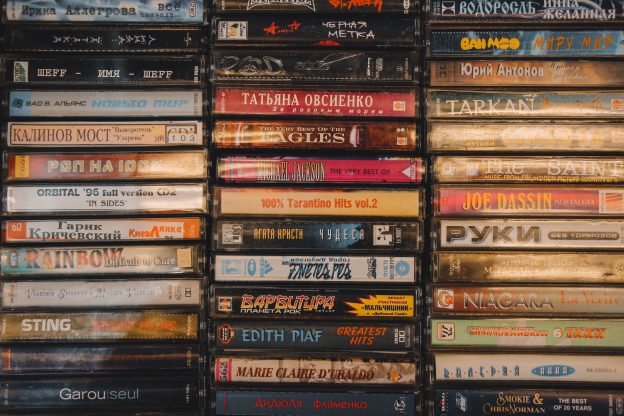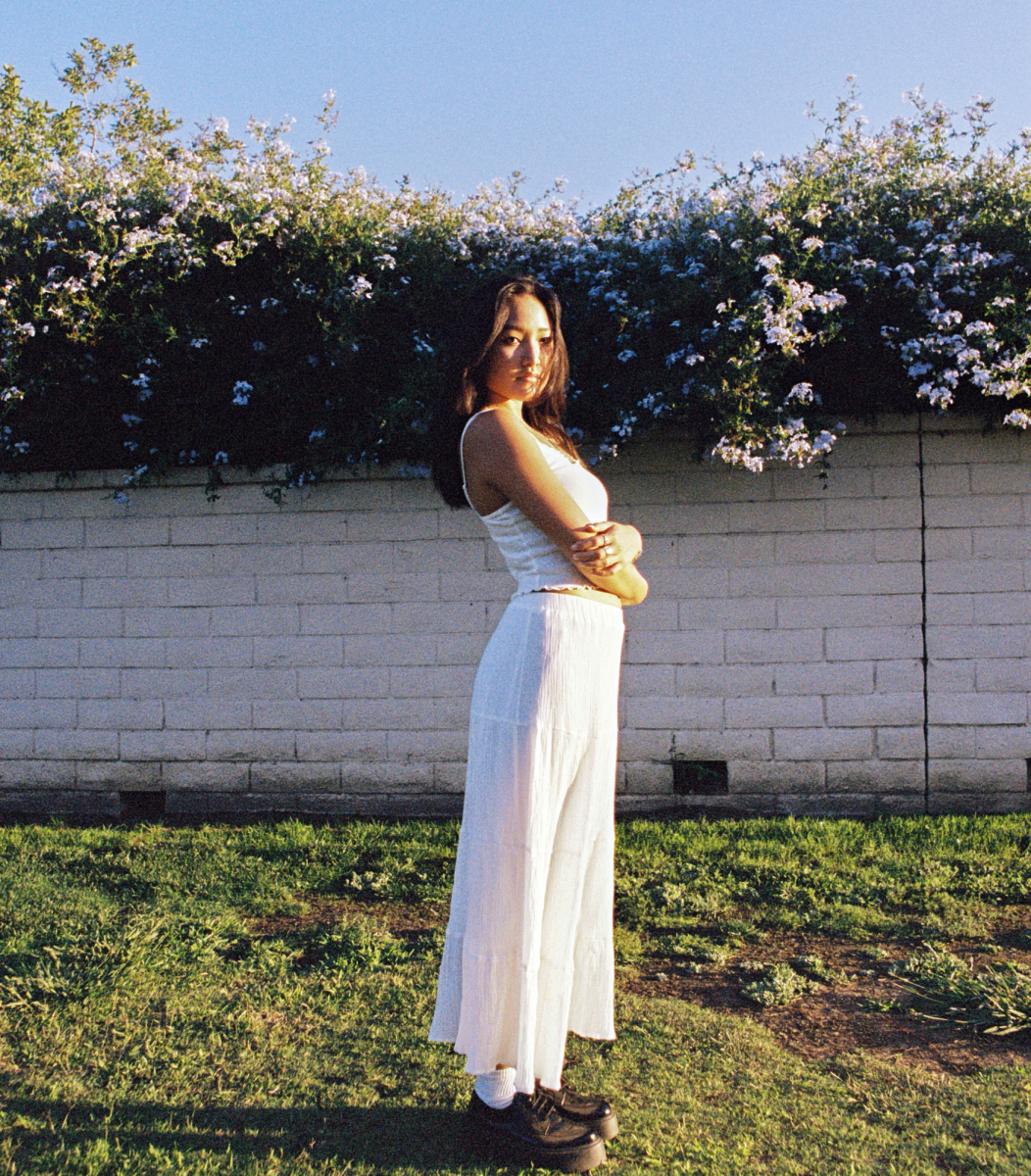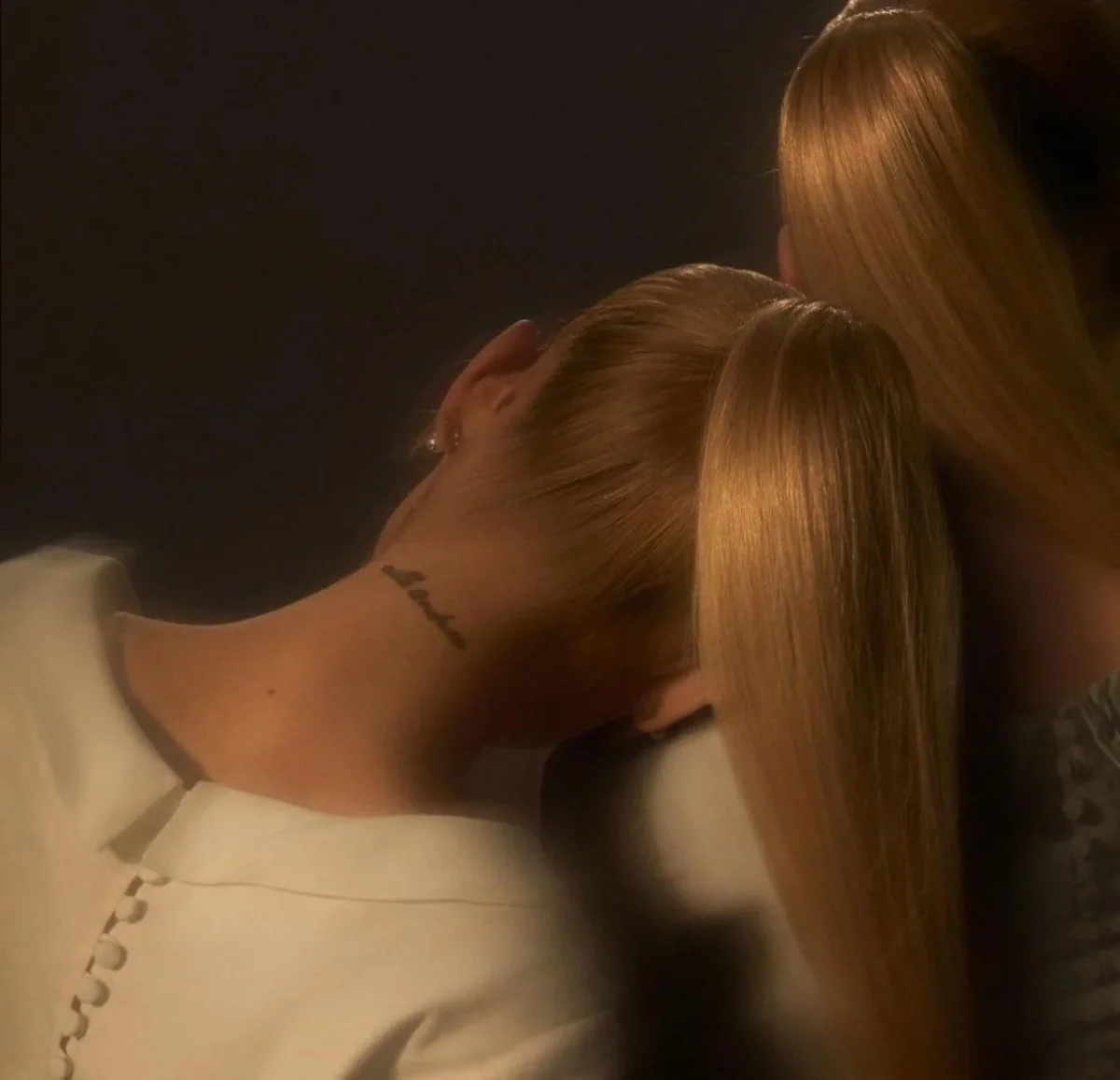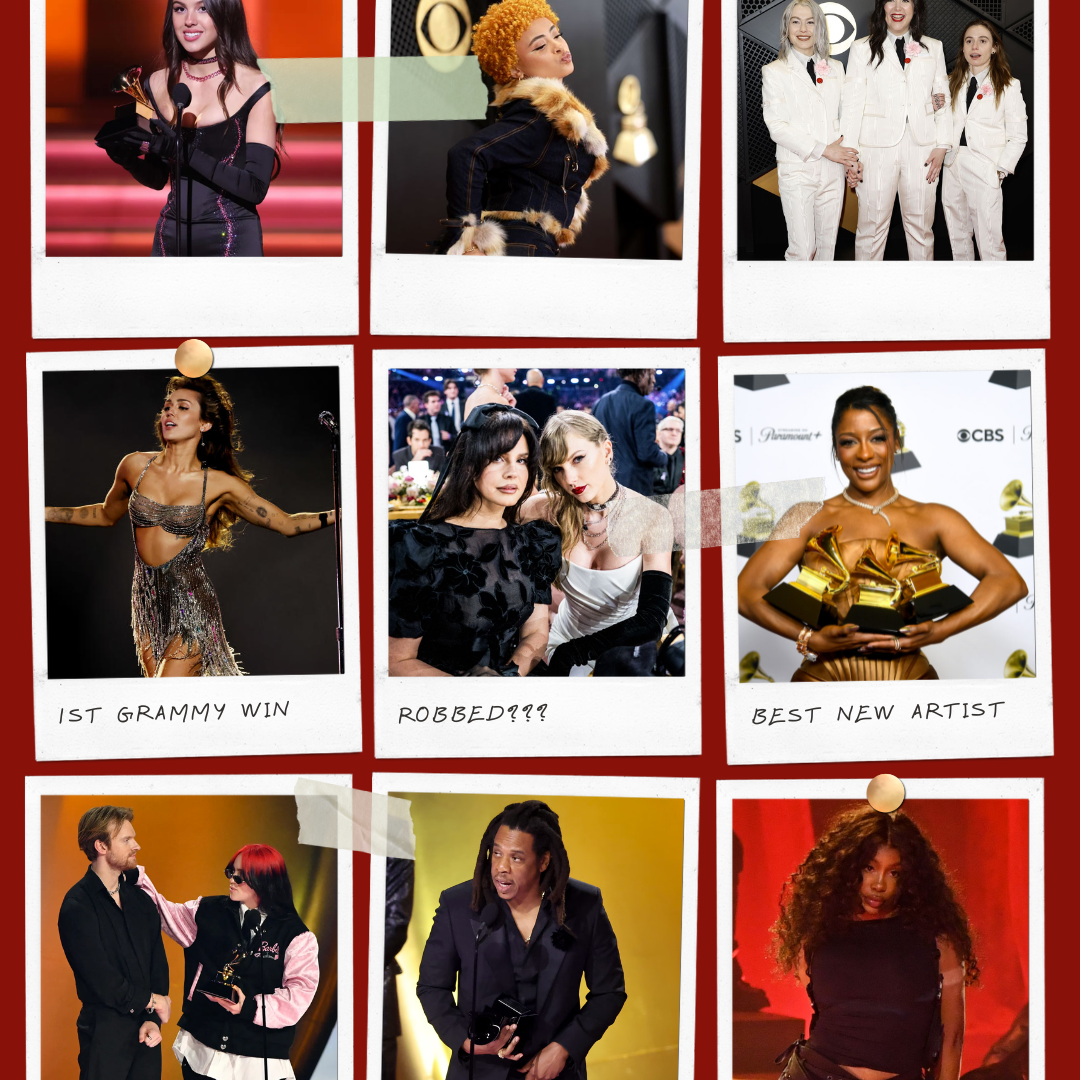
Ever since the start of the war in Ukraine, many artists from Russia have voiced their support for the people of Ukraine. Now, those artists are bringing their opinions with them on tour in the United States.
Enter Russian singer-songwriter Regina Spektor. In between songs of her July 19 performance at Carnegie Hall, Spektor leaned into her microphone and quietly denounced Russian president Vladmir Putin for his invasion of Ukraine, while lauding the artists that have stood up to authoritarianism throughout history.
She then launched into her nearly 20-year-old piece, “Apres Moi.” The song is about citizens standing up to the oppression of totalitarian governments and is notable for its use of the Russian poem “February” by Boris Pasternak. Spektor’s singing in Russian was heartfelt and emotional, while the rest of the song in English and French was more passionate and powerful than the songs she had sung earlier. It was clear that this was an incredibly impactful piece for both the singer and the audience.
“…[M]y heart hurts because no matter how many great works of art and music (Guernica…. Masters Of War… Most of Okudzhava and Vysotsky… Vonnegut… Remarque… all those films in all those languages…) portray the horrors of war,” Spektor wrote on her Instagram, “new Masters of War seem to rise up again in all the nations … Sending new children to slaughter each other.”
While Spektor is open and proud about her Russian heritage and culture, she is not shy about criticizing the government. “In Russia, there are children being sent to fight and die for no reason other than the bottomless and horror-filled more of politicians and corporations,” her Instagram post continued.
Around the same time Spektor was beginning her tour in Utah and Colorado, Belarusian band Molchat Doma was on the New York leg of its United States tour. Though their discography is almost entirely in Russian, they’ve grown quite the fan base in the United States with the help of TikTok.
The country of Belarus is a totalitarian former Soviet state closely allied with Russia, known for its extreme censorship of any dissenting political opposition and activists. Molchat Doma — Russian for “The Houses are Quiet” — left Belarus to begin their tour at almost the exact same time violence broke out in Ukraine. In March, they made a public statement on Youtube under the title #STOPWAR, in which they stated that part of the funds from their tour would benefit Ukraine. They frequently ended concerts with the phrase “Glory to Ukraine! Glory to Belarus!” while flying Ukrainian and Belarusian flags side by side.
When music reporter David Glickman asked why the group would risk making such statements with such a ruthless leader in charge of their country, bass and keyboard player Pavel Kozlov replied, “The situation is electrified, so not acting, not doing anything, is actually guilty already. So you have to at least do something.”
Over in Russia, controversial music duo IC3PEAK has been banned from performing due to stirring up a bit too much attention with their sociopolitical commentary.
The song that landed the duo in hot water was “Death No More” (”Смерти Больше Нет”). The lyrics are a clear criticism of Putin’s continued presidency, alternating between raspy, harsh statements and Kreslina’s sing-song, childlike vocals. The music video features imagery of the duo setting themselves on fire on the steps of a Russian government building, eating raw meat at Vladimir Lenin’s grave, getting their heads cut off, smoking blurred out joints, drinking blood and playing pattycake while sitting on the shoulders of riot police.
Much like Molchat Doma, the band’s popularity found new heights due to TikTok, with their song “TRRST” — a stylized form of the word terrorist — trending among users. The song was released in 2020 and utilizes both the English and Russian language, screaming, whispering and rapping. There is no music video associated with the official YouTube release of the song and the comments are turned off. IC3PEAK is currently on a world tour and still sell merchandise from their banned Russian shows. Tickets are currently available for their Brooklyn show.
Russian musicians across all genres have been some of the loudest voices against Putin’s attacks in Ukraine, many believe it’s time to recognize and acknowledge the contributions they have made in standing up against an authoritarian regime. Some even argue that these artists are mobilizing audiences (especially young audiences) against gross breaches of power by Putin and other Russian officials.

















